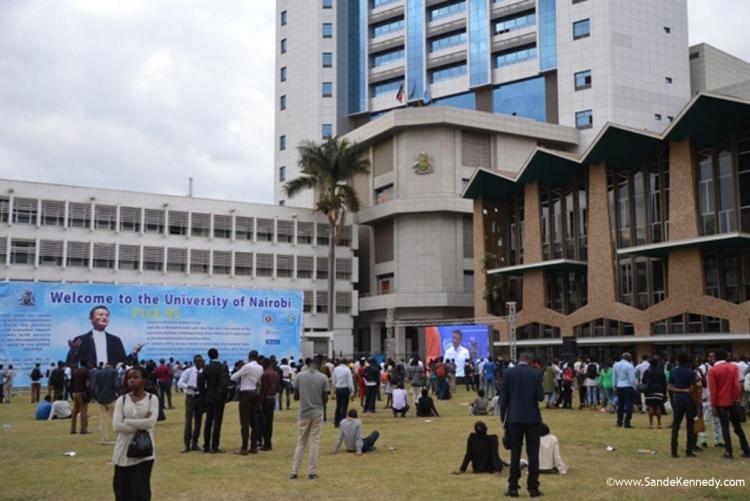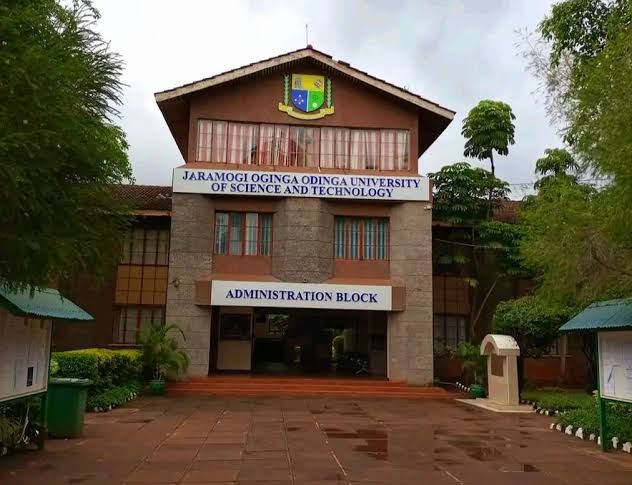A wave of financial crisis is sweeping across families in Kenya as first-year students report to public universities, with many institutions demanding upfront payments of up to Ksh50,000 before admission despite government assurances of reduced fees of up to 40 percent.
The new requirement has caught families off guard, especially as thousands of learners await Higher Education Loans Board (HELB) disbursements. Previously, government-sponsored students were admitted first, with fees settled later once HELB support was processed. But now the model appears to have changed.
At the University of Nairobi (UoN), students reported being asked to pay between Ksh23, 000 and Ksh50, 000 for registration, depending on their course. Programmes such as medicine, actuarial science, and economics are among the most expensive, with parents citing charges of Ksh 50,000, Ksh 48,000, and Ksh30, 000 respectively.
However, these upfront fees demanded by the university is almost the maximum fee required to be paid as per the latest MoE guidelines on universities fees. For instance, Medicine (Pre-clinical), the minimum fee is supposed to be Ksh12, 960 and maximum fee is supposed to be Ksh51, 840. For actuarial science, the minimum fee should be Ksh11, 628 whereas the maximum fee should be Ksh46, 512 and for economics the minimum fee should be Ksh7, 525 and the maximum fee capped at Ksh 30,101.
ALSO READ:
How parental departure breeds disoriented and bitter generation
Hostel accommodation averages Ksh 10, 750 per semester, or roughly Ksh 2, 500 per month.
Parents say the sudden demand for lump-sum payments has left them scrambling. Some are resorting to loans amid rising living costs and delayed financial aid.
University administrators attribute the upfront charges to delays in HELB funding and ongoing reforms in higher education financing. They insist the policy is not unique to UoN but applies across public institutions.
Education Cabinet Secretary Julius Ogamba, speaking on Friday, defended the new model, stating that semester fees would now range from Ksh 5,814 to Ksh 75,000, depending on the programme. He argued that the structure would enhance sustainability and ensure equitable distribution of government subsidies.
ALSO READ:
Duncan Arimi’s CBC Gravity Centre is Kenya’s best gift to CBE learners
Earlier this month, Ogamba announced that 201,695 first-year students, 257,523 continuing students, and 237,000 TVET trainees would benefit from reduced fees under the new financing framework. However, the reality on the ground paints a different picture, with many families unprepared for the immediate financial demands.
Students and parents are now appealing to the government to reconsider the implementation timeline, warning that the current approach may jeopardize admissions and exclude deserving learners. With deadlines looming, uncertainty hangs over many households unsure whether their children will report to class on time.
By Masaki Enock
You can also follow our social media pages on Twitter: Education News KE and Facebook: Education News Newspaper for timely updates.
>>> Click here to stay up-to-date with trending regional stories
>>> Click here to read more informed opinions on the country’s education landscape






